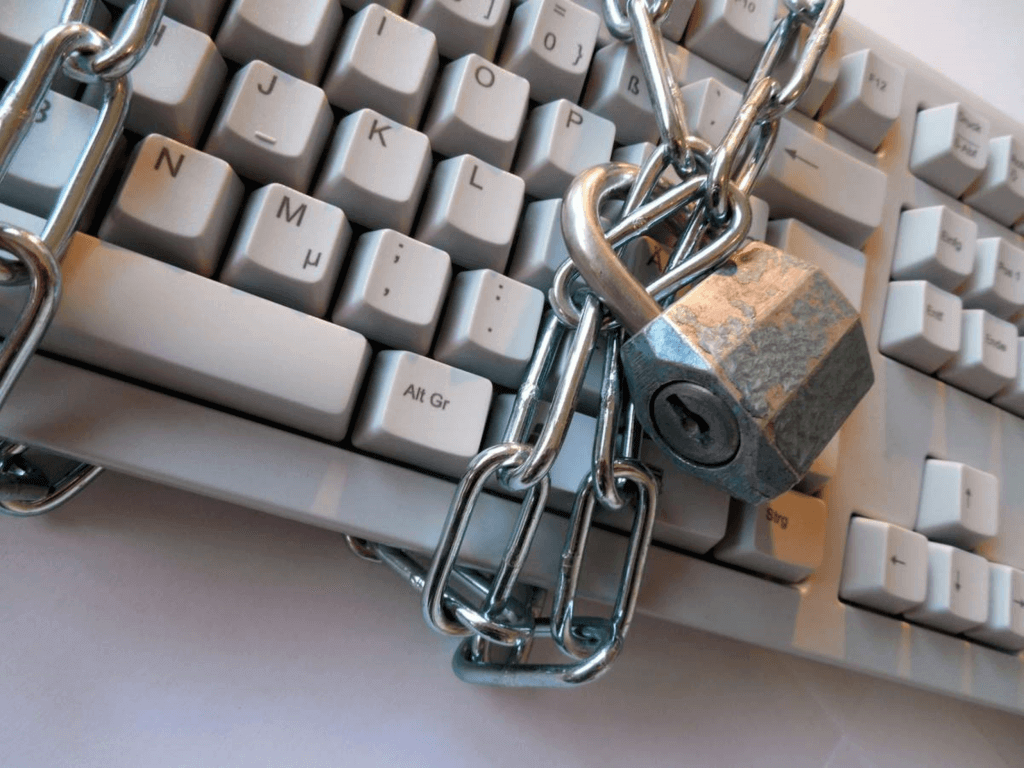Change Your Password Day
Change Your Password Day is observed next on Monday, February 1st, 2027 (358 days from today).

February 1st every year is Change Your Password Day! The more processes and tools we use in our daily lives move to the online world, the more passwords we need to create and remember. Your Password Change Day is intended to remind people of the value of our personal data and how vulnerable a bad password can be left to us.
What’s behind the Change Your Password day?
What's behind it sounds reasonable - and we all know it, actually: Passwords are often used to authenticate users and are known only to the user. The purpose of Your Password Change Day is to clarify what secure passwords mean and to make it clear to every Internet user once again that existing passwords must be changed to secure passwords.
If you are not sure how to do that: We also have an article on “How to create a secure password” on our homepage and with the Identity verifier software check e-mail addresses for detection data leak. No question: Basically, it always makes sense to scrutinize your own access data seriously.
Here are some guides to better managing personal passwords—whether you use a password manager or keep those passwords written down at home.
1. Be creative
It's hard to come up with a password that's safe and easy to remember, combining 12 upper and lower case letters, numbers, and special characters — that's why you need to get creative. Take a memorable sentence, event, or slur — and use this as the basis of your password. Take the Oscar-winning movie One Flew over the Cuckoo's Nest as an example. This could turn out to be 1flwOvr * Cuku: It meets the size requirements, complex combinations of characters, and — most importantly — you can even remember.
2. Recycle everything (except your password)
Everyone knows the recycling tool: Sort waste into different containers for paper, glass, compost, leftovers, and trash. Empty bottles can be refilled, and the leftovers will eventually turn back into food. However, there is absolutely no recycle bin for passwords.
In fact, password recycling is quite common. In an online poll from Avira, conducted last year in Germany of 718 respondents aged 20-65, 26% of respondents admitted to recycling passwords between different websites. While it's well known on an intellectual level that it's not good to give hackers a "one password opens all" solution, it's still the easiest approach to dealing with chosen password.
3. Take the approach that best suits your needs
It's important to take the best approach that fits your needs when creating and remembering passwords. If you only have one or two passwords and you do all your online shopping on just your desktop computer, you can create secure passwords and remember them using a notebook or recording management system. If you're on the go and use multiple devices and accounts for your online activities, it's time to consider a solution. Password managers, such as Avira Password Manager, can create, review, and synchronize passwords between devices.
4. Change the same password as your socks
Passwords are like socks: They should be changed often and more often after getting mud on them. Even secure passwords should be changed. It's not about you the fact that you can't tell how others are handling and protecting your data. Then it's mud: If you've entered your details into a suspected phishing site, or if your account provider has been hacked, you'll need to change your account details ASAP.
History of Change Your Password Day
In 2012, Matt Buchanan, who was writing for Gizmodo at the time, launched Change Your Password Day, a day that makes it harder for attackers to break into accounts. He wrote about the increasing number of accounts on the Internet using passwords and lamented that he had twice encountered hacked accounts. He thought it would be a good idea to have everyone change their passwords on the same day, and your Password Change Day was born. He suggested increasing password security by adding some symbols to the new password and by using different root passwords for banking and email from everything else.
How to celebrate Change Your Password Day
There are several steps that can be taken to make passwords stronger when changing them today. Once a password is stolen, it can be used on other accounts with the same password, and those other accounts are then compromised. For this reason, it is important to use a unique password for each account. With so many passwords, they can be hard to remember. One fix for this is to use a password manager, which automatically generates passwords and stores them in a centralized, encrypted location that you can access with your master password.
When updating new passwords today, make sure they are long. The longer the password, the longer it will take for someone to hack it, whether they're trying to do so manually or by a "brute force attack," which involves a computer program through hacking combination of letters, numbers and symbols. Creating a password consisting of random words and phrases - not common words and phrases - is a good idea, and mixing upper and lower case letters, symbols and numbers is also a good idea wise. Be sure not to use personal information that is easy to find in your password, such as birthdays, anniversaries, pet names, and the like. Finally, never tell anyone the password, and don't enter it if someone else is nearby and might be watching.
Observed
Change Your Password Day has been observed annually on February 1st.Dates
Saturday, February 1st, 2025
Sunday, February 1st, 2026
Monday, February 1st, 2027
Tuesday, February 1st, 2028
Thursday, February 1st, 2029
Founded by
Matt Buchanan in 2012


